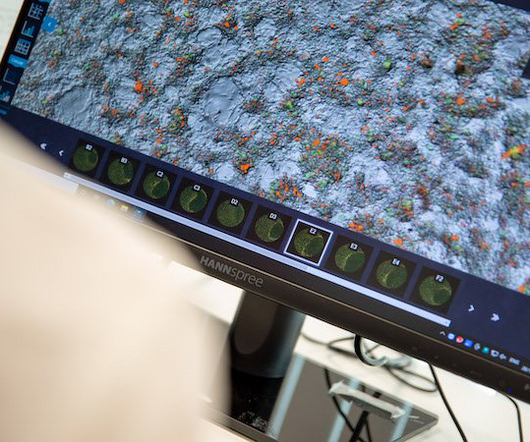mRNA Cancer Vaccines and Therapies: An Overview
Advarra
JANUARY 11, 2024
After injection of such a vaccine, the mRNA instructs cells to produce proteins designed to stimulate an immune response against these same protein targets when they show up in viruses or in tumor cells. Adoptive T Cell Therapies Adoptive T cell therapy is another form of cancer treatment leveraging the patient’s immune system.














Let's personalize your content